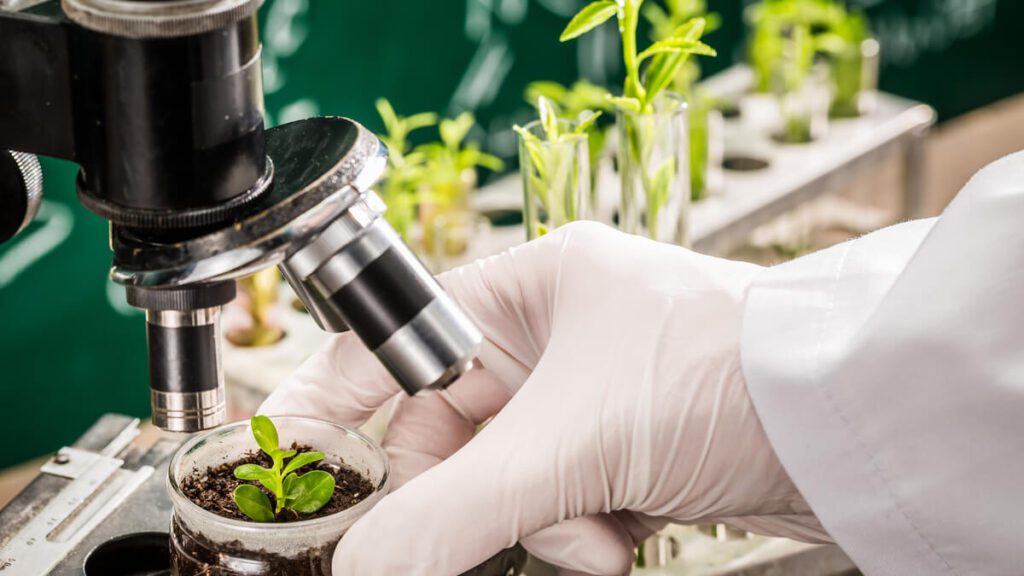COVID-19 research to develop virus-trapping materials

A COVID-19 research collaboration between Virginia Tech and the University of Georgia is taking place to investigate the tendency of the virus to bind to carbohydrate-based polymers, such as heparin. If successful, they could be used to develop virus-trapping gels and surfaces, used in various protective and preventative health products and even diagnostics.
In an article by Virginia Tech Daily, the researchers explain their hypothesis and their hopes for future development, as well as what tools they will use to achieve them.
‘The virus passes a large number of carbohydrate-based molecules on its way into the cells in our body,” said Maren Roman, Associate Professor of Sustainable Biomaterials in Virginia Tech’s College of Natural Resources and Environment. “If we can determine which carbohydrates or carbohydrate chains the virus binds to, we can develop materials that work like a fly trap and capture virus particles before they get into our bodies.”
The anticoagulant heparin is what is known as a blood thinner, and is used widely to treat blood clotting disorders. However, patients suffering from COVID-19, when given heparin, showed a much lower risk of being killed by the virus.
The Universities’ COVID-19 research has been met with optimism by the National Science Foundation, and has granted the teams from Virginia Tech and the University of Georgia $200,000 RAPID COVID-19 grant.
“We will use cutting-edge computational tools to study which carbohydrate molecules bind most strongly to the virus,” said Professor of Biochemistry and Molecular Biology, and Chemistry, at the University of Georgia, Robert Woods. “This work is a natural extension of our prior work on the virus, which has given us detailed computer models of one of its surface proteins, namely the Spike protein. This protein is responsible for the virus’s ability to enter cells and its tendency to bind to carbohydrates.”
“Our ability to successfully stop this pandemic depends on researchers from different fields and even institutions joining forces and collaborating.” Roman said. “Only together will we figure this virus out.”
With COVID-19 research well underway, one can only hope for a breakthrough in preventative and lifesaving treatments.
